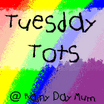Try to take time this weekend and do an Easter craft with your toddler. Not only is it fun, but it will boost his or her speech and language skills too! You can talk about and describe eggs, rabbits/bunnies, candy, chickens, spring, etc. The list goes on and on! Take your crafts one step further by adding an activity. You can teach your toddler concepts such as in, out, on, and under while hunting eggs. Also, try reading a book about Easter or related topics.
Here are some ideas for you and your toddler:
16 Cute Easter Crafts for Toddlers & Kids
Over 40 Easter Crafts and Activities for Toddlers
Easter Preschool Activities and Crafts
Also, be sure to check out the Talking With Toddlers blog post from last year, Easter Egg Fun-A Toddler Speech & Language Activity for even more ideas!
As always, remember to make it fun while teaching language and speech to your toddler! Happy Easter!
If you would like more speech and language tips and activities, be sure to check out my book on Amazon Kindle, Talking With Toddlers - 52 Tips to Boost Speech and Language Skills.


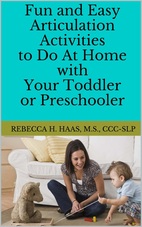
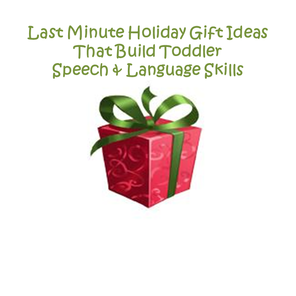
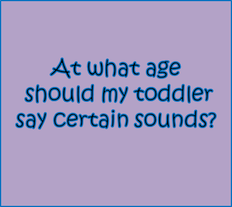
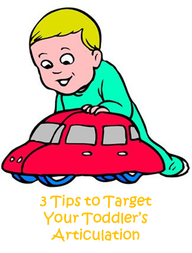
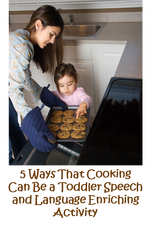

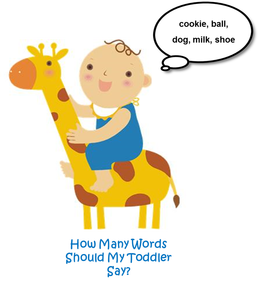
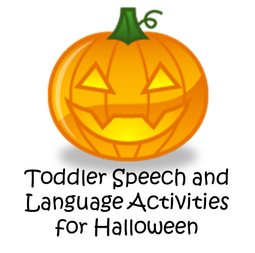
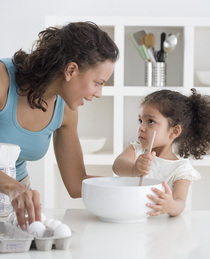
 RSS Feed
RSS Feed



